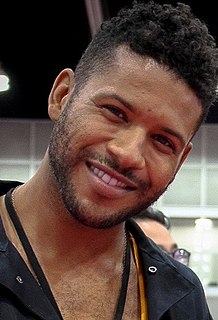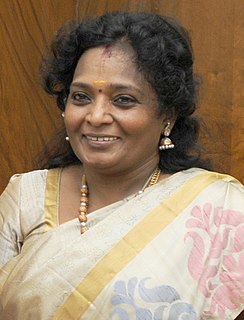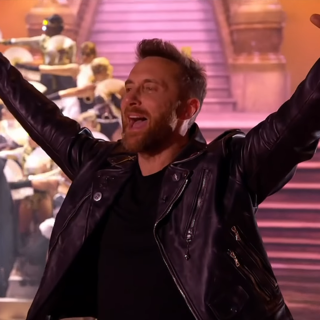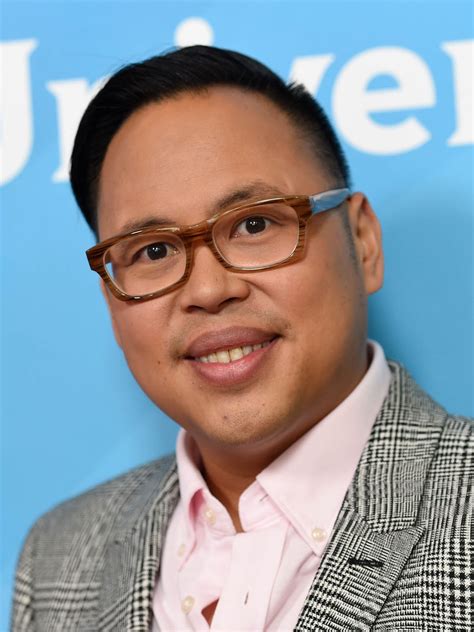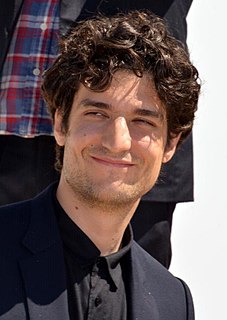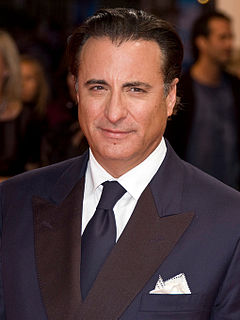A Quote by Richard Linklater
When I saw 'subUrbia' on stage, I started having those feelings inside me. I saw it as a film, and I felt I knew the characters, or I was the characters. It really dredged up all this stuff in me that never went away.
Related Quotes
'Transparent' was huge for me when I first saw it. I felt that, from an authorial point of view, no one was trying to sell characters to us, you know? It's the idea of not having to adore these characters and want to cuddle them; you just have to be into them and their psychology and be compelled by them.
I enjoy trolls. They try to shake my confidence and bring me down with such remarks, but they never knew they helped me grow. They saw my curly hair, they saw my dark color, they saw my short stature and they started making memes. I know they can mock my appearance but they cannot claim I am corrupt or talk about my education or my eloquence.
The editor, Stephen Segal, actually called me with the idea of creating an accordion book [ "The Thorn & The Blossom"], and asked if I could write a story for it. I was so intrigued! I immediately knew that it had to be a love story told from the points of view of the two main characters. Right away, I started working on a proposal. And once I had my main characters, Brendan and Evelyn, it was as though they started telling me their stories.
There's an old poem by Neruda that I've always been captivated by, and one of the lines in it has stuck with me ever since the first time I read it. It says "love is so short, forgetting is so long." It's a line I've related to in my saddest moments, when I needed to know someone else had felt that exact same way. And when we're trying to move on, the moments we always go back to aren't the mundane ones. They are the moments you saw sparks that weren't really there, felt stars aligning without having any proof, saw your future before it happened, and then saw it slip away without any warning.
'Crash' came from personal experience. I saw things inside me from living in L.A. that made me uncomfortable. I saw horrible things in people and saw terrible things in myself. I saw a black director completely humiliated, but the three people around me just thought it was funny. 'No,' I said, 'that is selling your soul.'
I started in '88 to play House music, it was a huge revolution for me. I went to London and I saw a DJ on stage and that was crazy at the time. I was one of the really respected and famous DJs in Paris, but they would never show me. I was hidden. A DJ on stage and people dancing and facing the DJ, looking at him? I was like 'wow!'
Since I knew I was going to make a film that was purely about emotions, and I knew that I ran the risk of being accused of amnesia relating to the social film, to prevent this I decided it would be good to have characters who were on the margins of society. These are characters for whom love is really the only way to know that they're alive.
I started in comedy when I first started as an actor on stage and doing improvisational theater and stuff like that. So a lot of people who know me know that sort of side of me. But I got the roles that I got as an young actor kind of steered me in a different direction, which were, at times, darker characters. And so comedy was not something that came easy for people to think of my in those terms.

